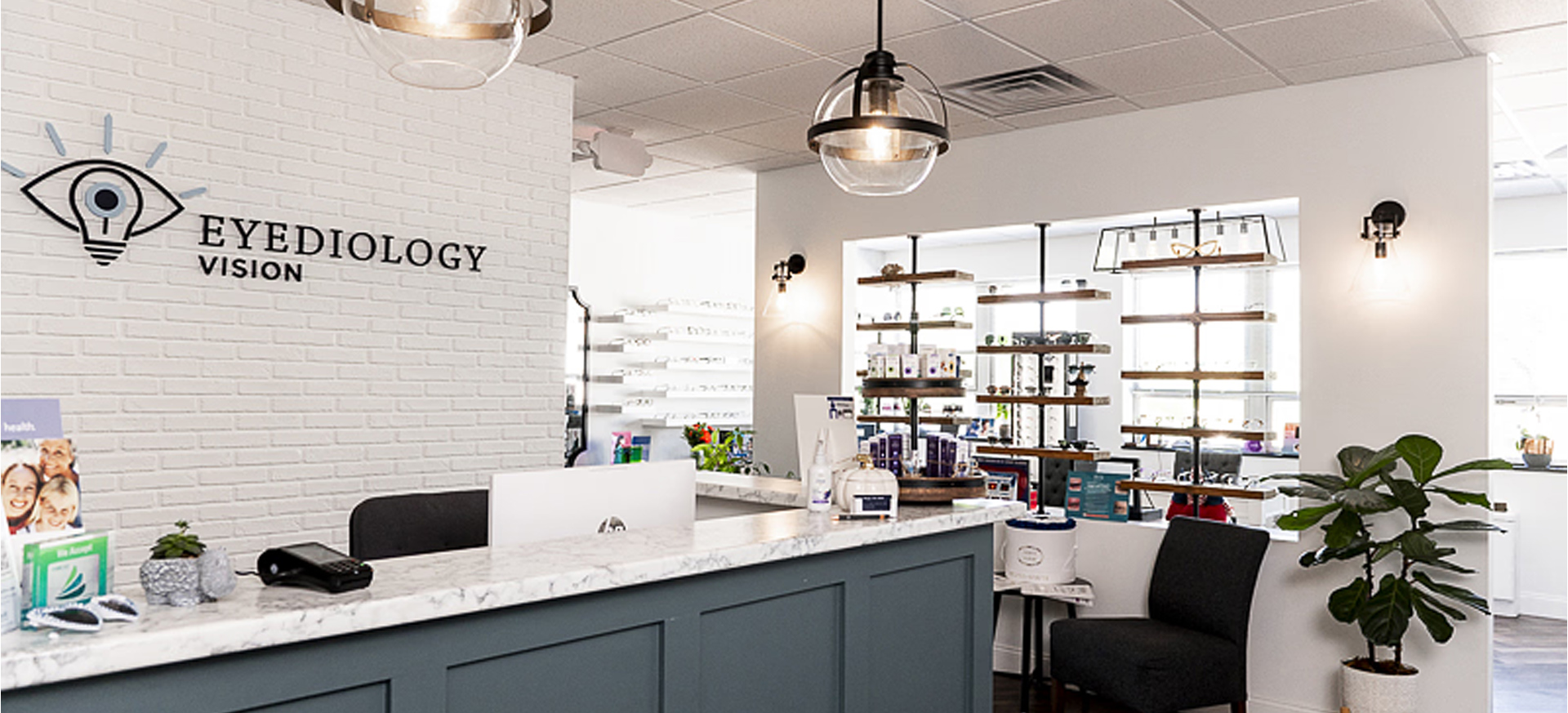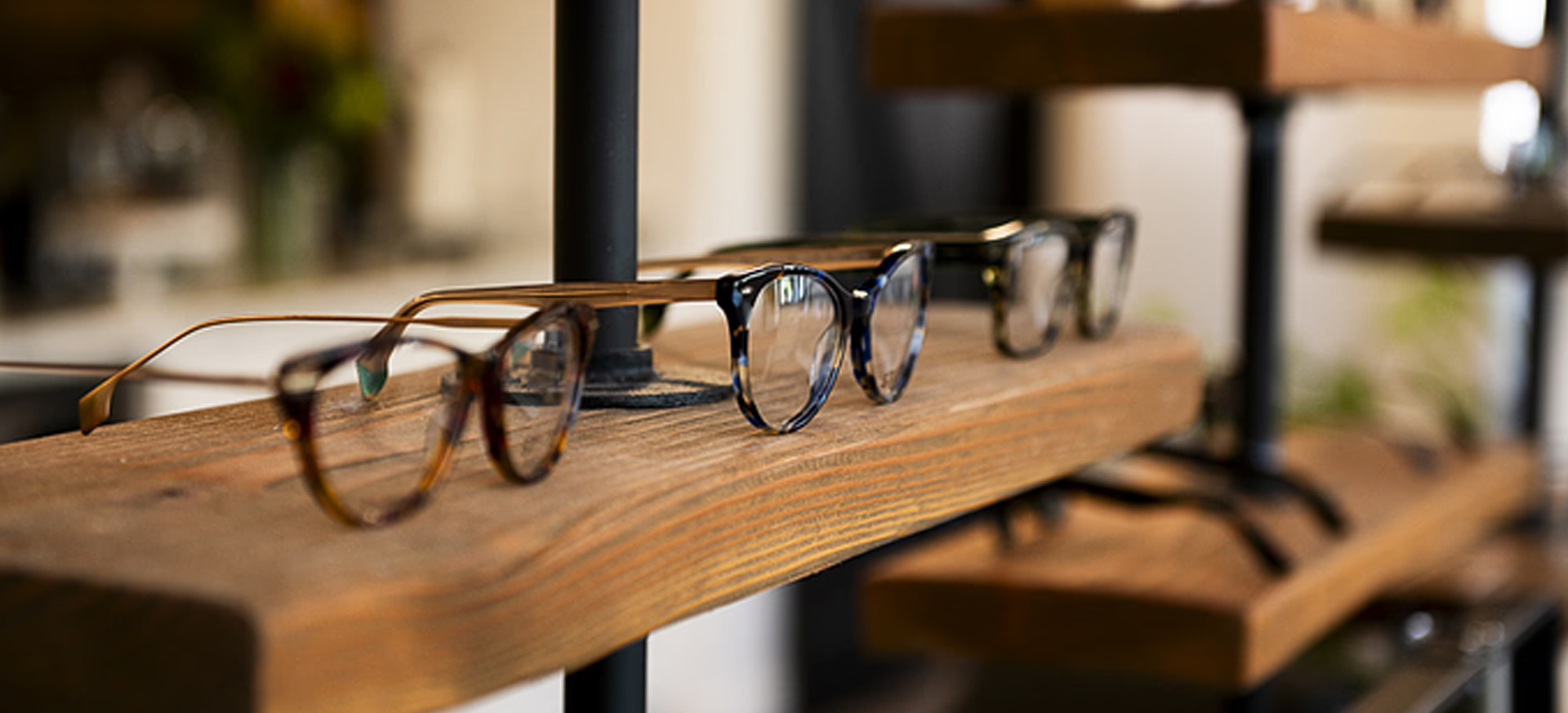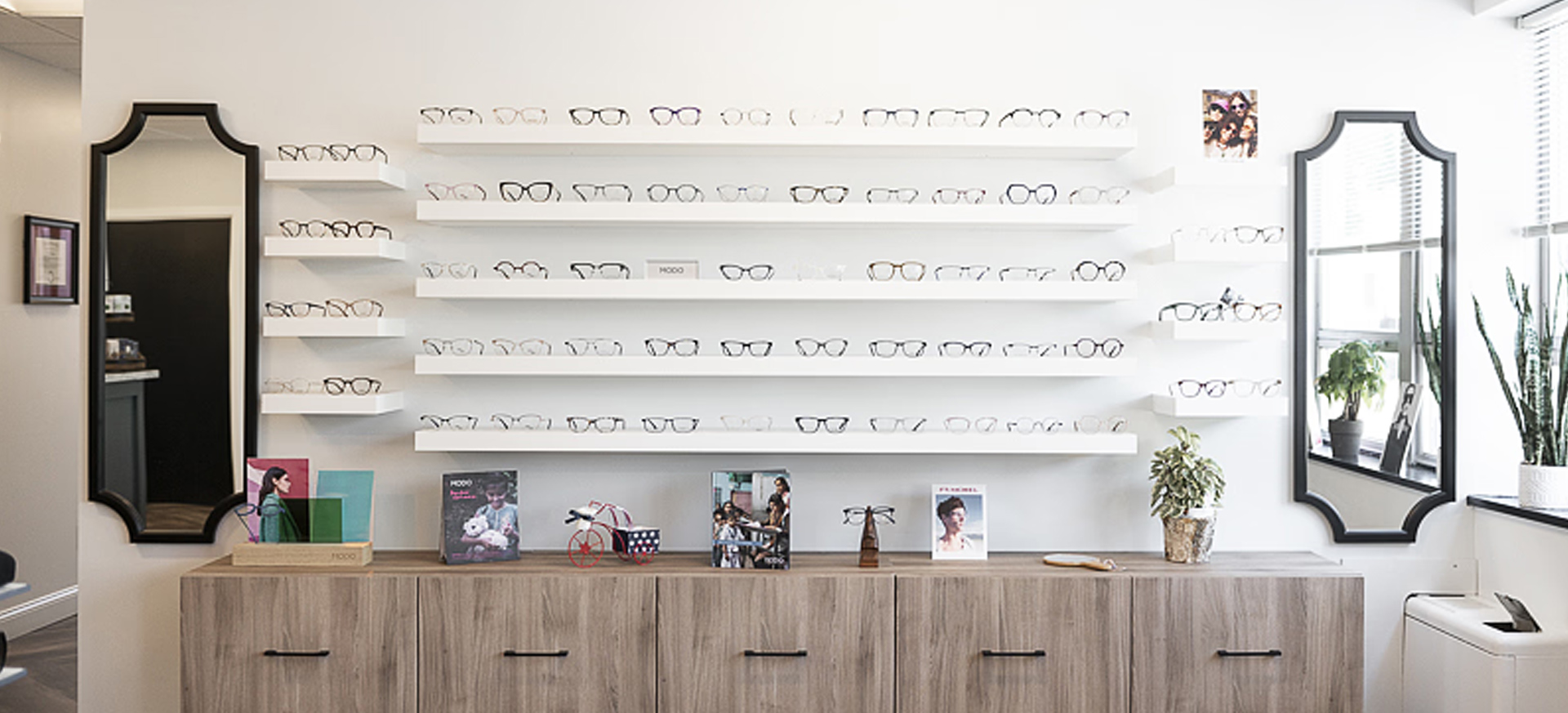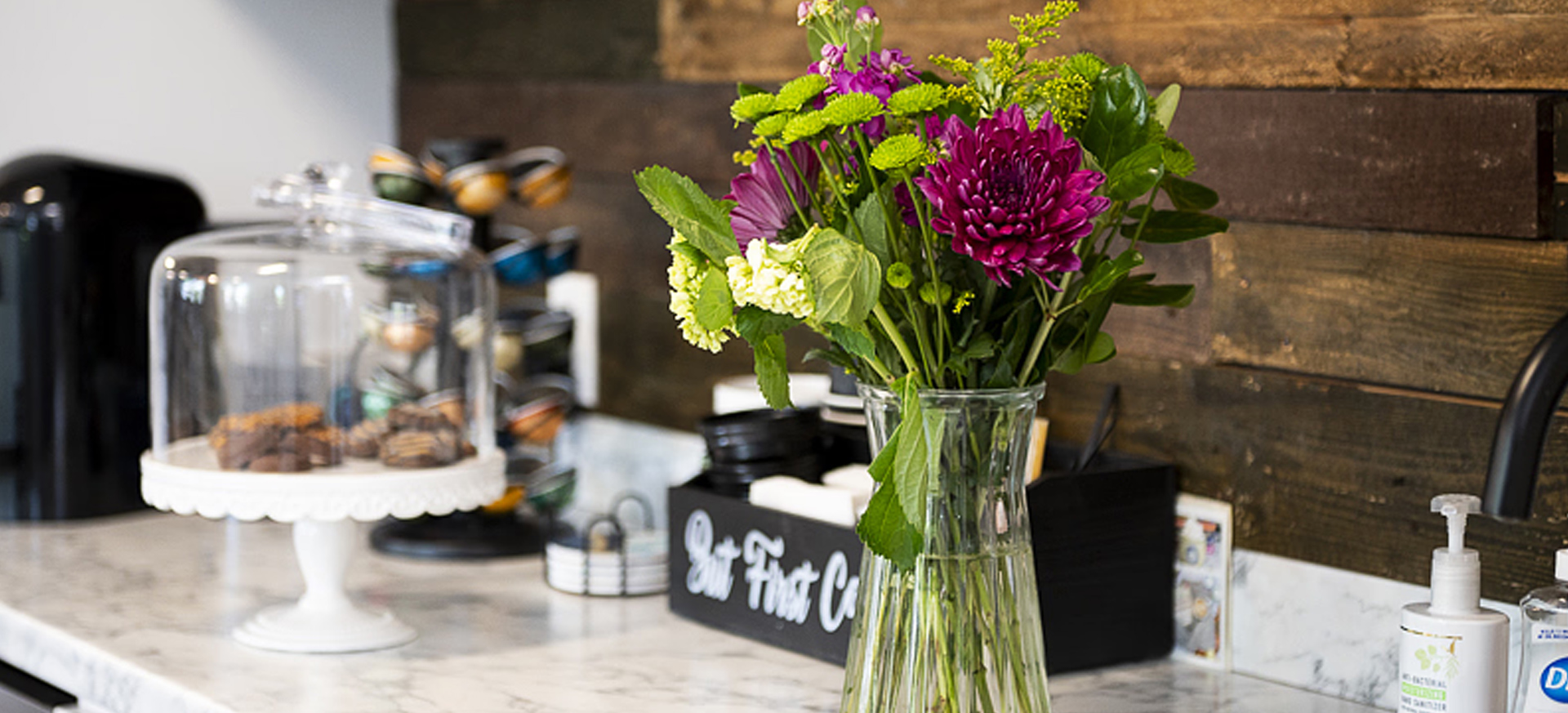Request An AppointmentRequest An AppointmentRequest An AppointmentRequest An AppointmentRequest An Appointment
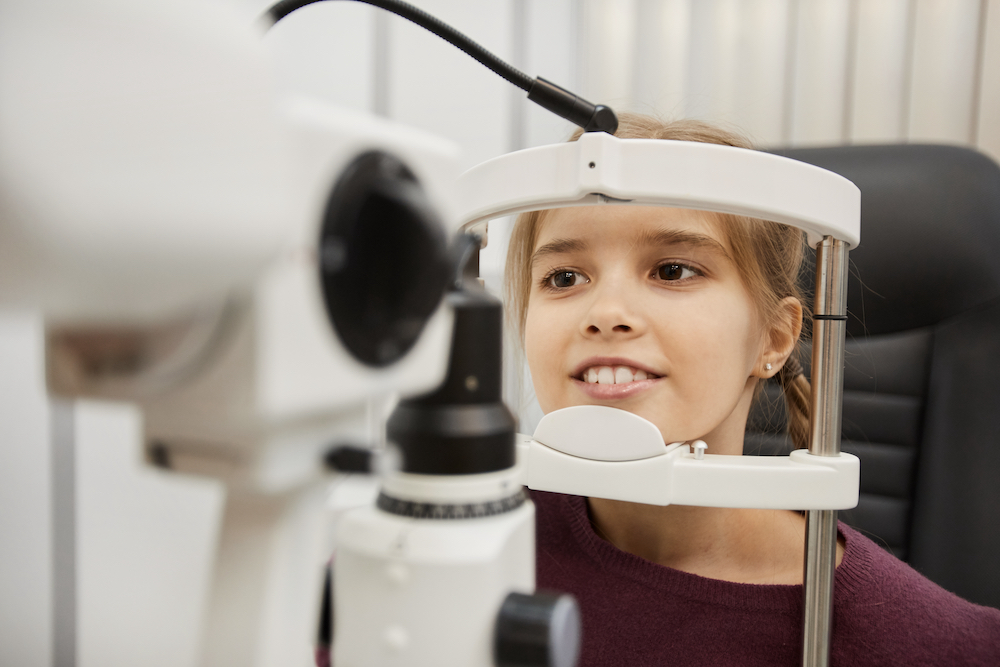
Your child's vision is integral to their overall health. It is vital as they learn about 80 percent of everything through observation. Most pediatric doctors perform screenings during physical exams of children and infants. However, experts recommend a thorough examination by a qualified doctor.
Pediatric eye doctors have specialized knowledge and tools to help them evaluate a child's visual ability. Most pediatric eye doctors recommend that every child should at least have an exam before they start kindergarten.
Why Are Eye Exams So Important?
Some eye conditions and diseases start developing while children are young. A child may also be born with congenital visual issues like cataracts. Through pediatric eye exams, an eye doctor can determine the health of your child's eyes. They will perform different tests to examine different aspects of your child's vision.
If a visual condition is already developing, the eye doctor will create a treatment plan. Some conditions may advance to cause total blindness or more serious eye issues. Diagnosing them early is the best chance for your child to have a normal childhood.
When Should a Child Have Their First Exam?
Most pediatric eye doctors recommend that every child should have their first eye exam when they are six months old. The exam checks if their eyes and vision are developing correctly. If everything is normal, the eye doctor may advise another visit a year later or when they turn two.
What to Expect in Your Child's First Eye Exam?
The first thing a pediatric eye doctor needs to know in an eye exam is your child's birth history. They would want to know whether your child was born full term, if there were any complications, and their birth weight. All the information helps the eye doctor determine if there is any specific condition.
They will ask about your family's eye health history and if your child has had any treatments or is under any medication. They will also ask if you have noticed anything unusual, like excessive eye rubbing or poor tracking skills.
Eye Exams for Infants and Toddlers (Six Months to Two Years)
Since a child cannot read charts or participate in other eye exams, the eye doctor conducts exams focused on specific visual skills. They use three primary tests to determine the color vision, eye focusing, and depth perception.
Pupil Response
As the name suggests, this test measures your child's pupil response. The eye doctor uses light and observes how the pupil opens and closes in response to the light.
Fixate and Follow
A child's first visual skill involves the ability to fixate on objects at about one month. After this, the ability to follow an object through space develops in about three months. This test examines how well a child utilizes both skills by fixating on an object and following it through space.
Preferential Looking
The preferential-looking test is for measuring your child's visual acuity. The eye doctor uses blank cards on one side and striped ones on the other. The stripes are meant to attract the baby's attention.
For more on the importance of pediatric eye exams, visit Eyediology Vision at our office in Providence, Rhode Island. Call (401) 903-4100 to book an appointment today.







